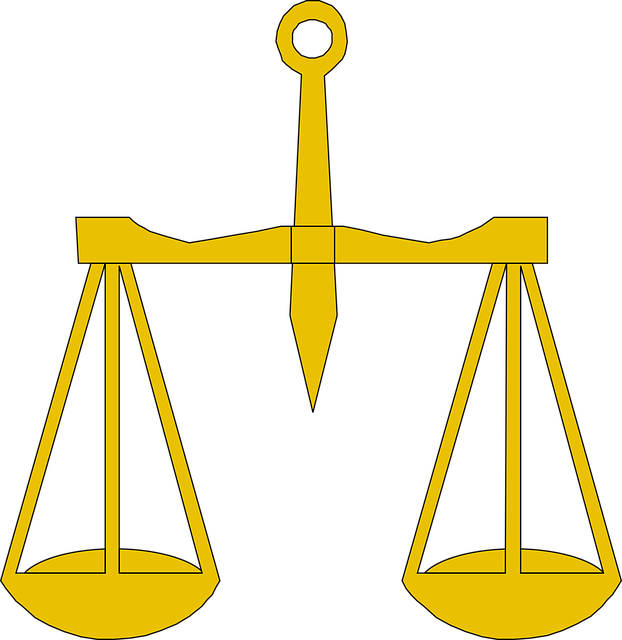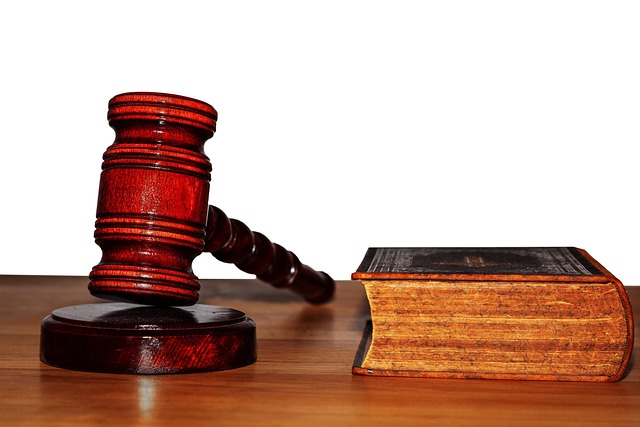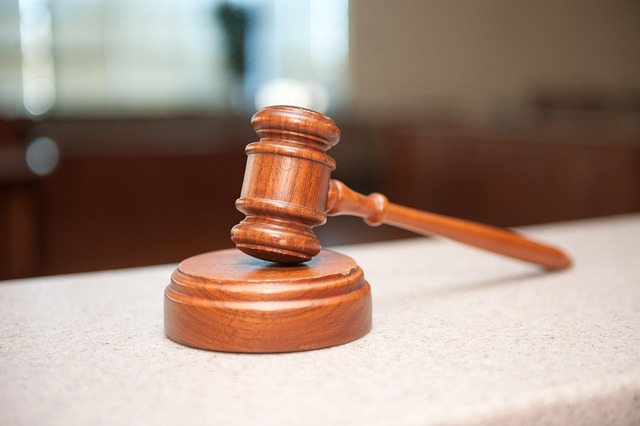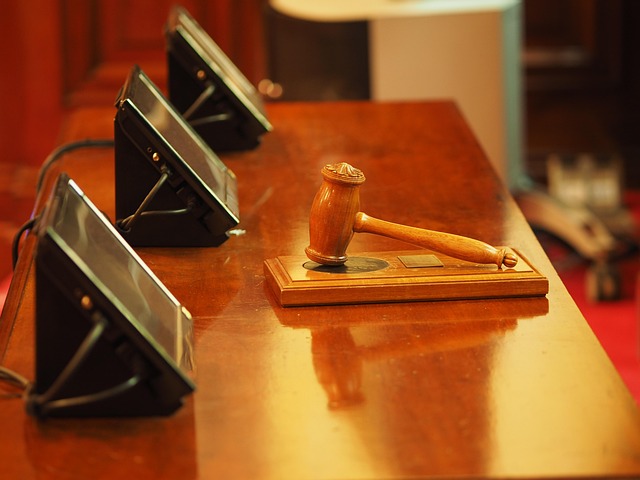Antitrust laws are crucial for maintaining fair competition, preventing monopolies, and promoting ethical business practices, ultimately benefiting consumers through better products and lower prices. The Statute of Limitations for Libel Cases, varying by jurisdiction, sets a timeframe for legal action against alleged antitrust violations. Understanding these laws and acting swiftly is vital to avoid indictment in white-collar crimes, especially in complex cases with unique circumstances. This statute significantly impacts the investigative process and litigation timelines, generally capped at four years from the violation date. Legal strategies must be robust and tailored to the specific needs of corporate and individual clients in such cases.
Antitrust violation cases play a pivotal role in maintaining fair market competition. This article delves into the intricacies of antitrust laws, their purpose, and key factors that determine successful claims. We explore critical questions such as the statute of limitations for libel cases, offering insights on time frames and essential considerations. Understanding these dynamics is crucial for businesses navigating complex legal landscapes, ensuring compliance, and safeguarding against potential lawsuits.
- Understanding Antitrust Laws and Their Purpose
- How Long Do You Have to File an Antitrust Violation Case?
- Key Factors in Evaluating Antitrust Claims
Understanding Antitrust Laws and Their Purpose

Antitrust laws are designed to promote fair competition and prevent monopolies from dominating markets. These laws aim to ensure that businesses operate within ethical boundaries, fostering a level playing field for all participants. Understanding these regulations is crucial, especially when dealing with high-stakes cases, as they can significantly impact corporate strategies and liability. The primary purpose of antitrust legislation is to protect consumers by encouraging competition, which drives innovation, improves product quality, and keeps prices competitive.
One critical aspect to consider in the context of antitrust violations is the Statute of Limitations for libel cases, which varies across jurisdictions but generally sets a time limit on when legal action can be taken. This statute ensures that individuals and entities have a reasonable period to address alleged offenses. In the realm of white-collar and economic crimes, including antitrust violations, avoiding indictment often depends on prompt action and a thorough understanding of both the law and the specific case’s nuances.
How Long Do You Have to File an Antitrust Violation Case?

When considering an antitrust violation case, understanding the statute of limitations is crucial. The time frame within which legal action can be taken varies depending on the jurisdiction and the specific type of claim. In many countries, including those with robust antitrust laws, there is a set period, often referred to as the “statute of limitations for libel cases,” after which legal proceedings are no longer permissible. This period typically starts from the moment the violation occurs or when the plaintiff discovers or should have reasonably discovered the harm caused by the violation.
The statute of limitations plays a significant role in all stages of the investigative and enforcement process, including white-collar and economic crimes. It ensures that cases are brought within a reasonable timeframe, balancing the rights of plaintiffs with the need to provide certainty to defendants. While the specifics can differ, generally, individuals or businesses alleging antitrust violations have several years to file their claims, which may include potential jury trials, allowing for thorough investigation and assessment of the case’s merits.
Key Factors in Evaluating Antitrust Claims

When evaluating antitrust claims, several key factors come into play. These include assessing the market power or dominance of a particular company, examining anti-competitive practices such as price fixing, market division, or abuse of dominant position, and understanding the impact on competition and consumers. Legal experts consider these aspects to determine if an action violates antitrust laws, which vary across jurisdictions but often mirror international standards set by organizations like the World Trade Organization (WTO).
The Statute of Limitations for libel cases also plays a role in antitrust litigation, as it dictates the time frame within which legal actions can be initiated. In many jurisdictions, this period is typically four years from the date of the alleged violation, though it may vary based on the specifics of the case and local laws. Achieving extraordinary results in such complex cases requires robust legal strategies that leverage both primary and secondary resources, including a deep understanding of white-collar and economic crimes, catering to both corporate and individual clients.
Antitrust violation cases are complex legal matters, and understanding the relevant laws and timeframes is crucial. The Statute of Limitations for libel cases often applies to antitrust claims as well, typically setting a limit of four years from the date of the alleged violation. By recognizing key factors in evaluating these claims, individuals and businesses can ensure they navigate these cases effectively. Staying informed about antitrust laws and their purpose, while also being mindful of the time constraints, is essential for seeking justice and maintaining fair competition in today’s marketplace.






